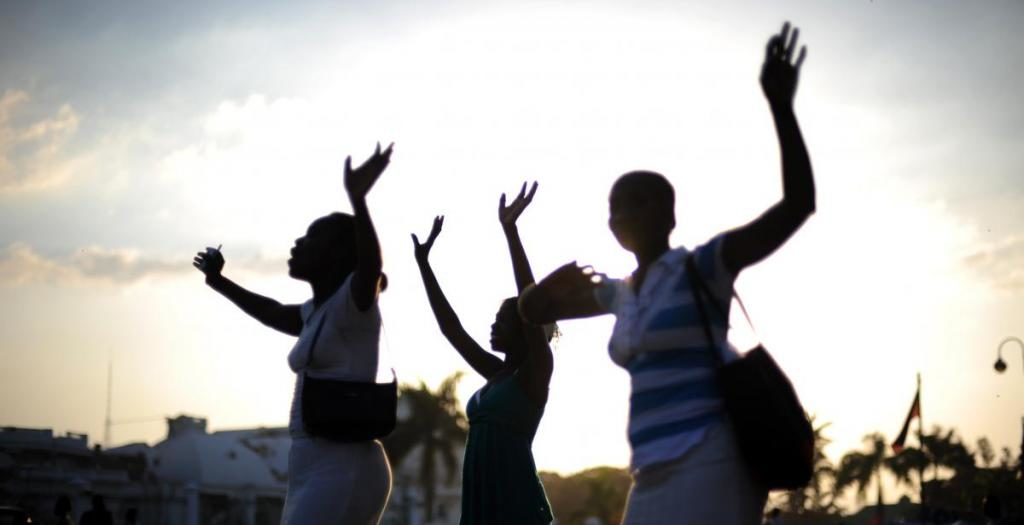When Hivos was founded in 1968, its founders were inspired by principles such as individual freedom, personal responsibility and self-determination. They held the conviction that development work should not be linked to missionary work, and true cooperation presumes respect for differing beliefs. In our first ever brochure, our founders wrote that ‘necessary changes should spring from communities themselves. From people at the base of society. That is development cooperation in the humanist spirit’.
-
Our understanding and practice of gender equality is based on all people’s equal rights, responsibilities, and opportunities regardless of age, gender, sexual orientation or gender identity, ethnicity, ability, religion, age, among other grounds.
-
We use the term diversity when discussing equal rights and opportunities because people (rightsholders) differ. It refers to the practice and quality of including or involving people/rightsholders from different social, political, and ethnic backgrounds and of different genders, sexual orientations, social-economic class, amongst other determinants.
-
The term inclusion describes our active, intentional, and ongoing engagement with diversity as described above. And the degree to which we meaningfully engage with people who might otherwise be excluded or marginalized, ensuring they have equal access and resources to participate fully in society.
-
We use the term rightsholders to highlight the power of women, girls and LGBTIQ+ people, rather than focus on their marginalization through other common terminologies.
-
We use the acronym LGBTIQ+ to refer to lesbian, gay, bisexual, trans, intersex and queer people; the ‘+’ indicates that these terms have a limited scope, and not all people who are marginalized because of their sexual orientation, gender identity or expression, or sex characteristics (SOGIESC) self-identify with these terms.
-
We use the term women as an inclusive category to include cis-gender, transgender and intersex women and women of all ages, including girls.
-
Intersectionality is an analytical framework for understanding how aspects of a person’s social and political identities combine to create different modes of discrimination and privilege, as expressed by Kimberlé Crenshaw (1989). The idea is that when it comes to thinking about how inequalities persist, categories like gender, race, and class are best understood as overlapping and mutually constitutive rather than isolated and distinct.
These convictions are still reflected in our work. We believe that human life in its many forms is valuable, and that people are filled with potential. Living a life in freedom and dignity, with respect for each other and the planet, leads to greater individual wellbeing and fair, vibrant societies.
As such, Hivos distinguished itself – and still does – from the existing, mostly church-based organisations. It is reflected in our work by the emphasis that is given to self-determination, identity, empowerment and the strength of people themselves.

What is Humanism?
Humanism is a body of philosophies and ethical perspectives that emphasise the value of human beings, individually and collectively, and put people and human values at the heart of everything. Its name is derived from the Latin ‘humanitas’. Humanism broadly means two things: ‘being human’ and ‘the pursuit of humanity’. Humanism is thus an ideology that espouses reason, ethics and justice based on people’s ‘reasonable and decent’ skills in interpreting the world and the place of mankind.
Dutch Humanism
The contemporary Dutch humanist movement originated in 1945 when the organisation Humanitas and the Dutch Humanist League (1946) were founded. These organisations, together with the Vereniging Weezenkas, were involved in the founding of the Humanist Institute for Cooperation with Developing Countries in the 1960s. On 5 January 1968 Hivos officially began with development projects in developing countries.
Humanist values
- human dignity and self-determination
- pluralism and democracy
- focus on material and non-material aspects
- mutual solidarity and responsible citizenship
- respect for people’s cultural and social identity
- responsible management of nature and natural resources
